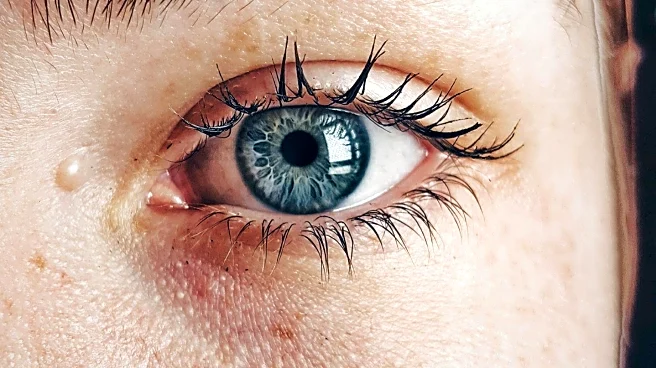What is the story about?
What's Happening?
A meta-analysis of 33 studies has revealed that individuals with high sensitivity are more susceptible to mental health problems such as depression, anxiety, PTSD, and avoidant personality disorder. Sensitivity is characterized by a heightened response to environmental and emotional stimuli, which can increase vulnerability to stress but also enhance receptiveness to positive experiences and therapeutic interventions. The study, conducted by researchers from Queen Mary University of London, suggests that sensitivity should be considered in clinical practice to tailor treatments like mindfulness and relaxation techniques for these individuals.
Why It's Important?
The findings underscore the need for mental health professionals to recognize sensitivity as a significant factor in diagnosing and treating mental health conditions. With approximately 31% of the population identified as highly sensitive, this research highlights the potential for more effective therapeutic strategies that cater to this trait. By acknowledging sensitivity, clinicians can improve treatment outcomes and potentially prevent relapses in sensitive individuals. This approach could lead to more personalized mental health care, benefiting a substantial portion of the population who may respond better to specific interventions.
What's Next?
The study advocates for increased awareness among mental health professionals regarding the role of sensitivity in mental health. Future steps may include developing specialized training for clinicians to identify and address sensitivity in patients. Additionally, further research could explore the effectiveness of tailored interventions for sensitive individuals, potentially leading to new treatment protocols. As awareness grows, mental health services may evolve to incorporate sensitivity assessments as part of standard practice, ultimately improving care for those affected.















